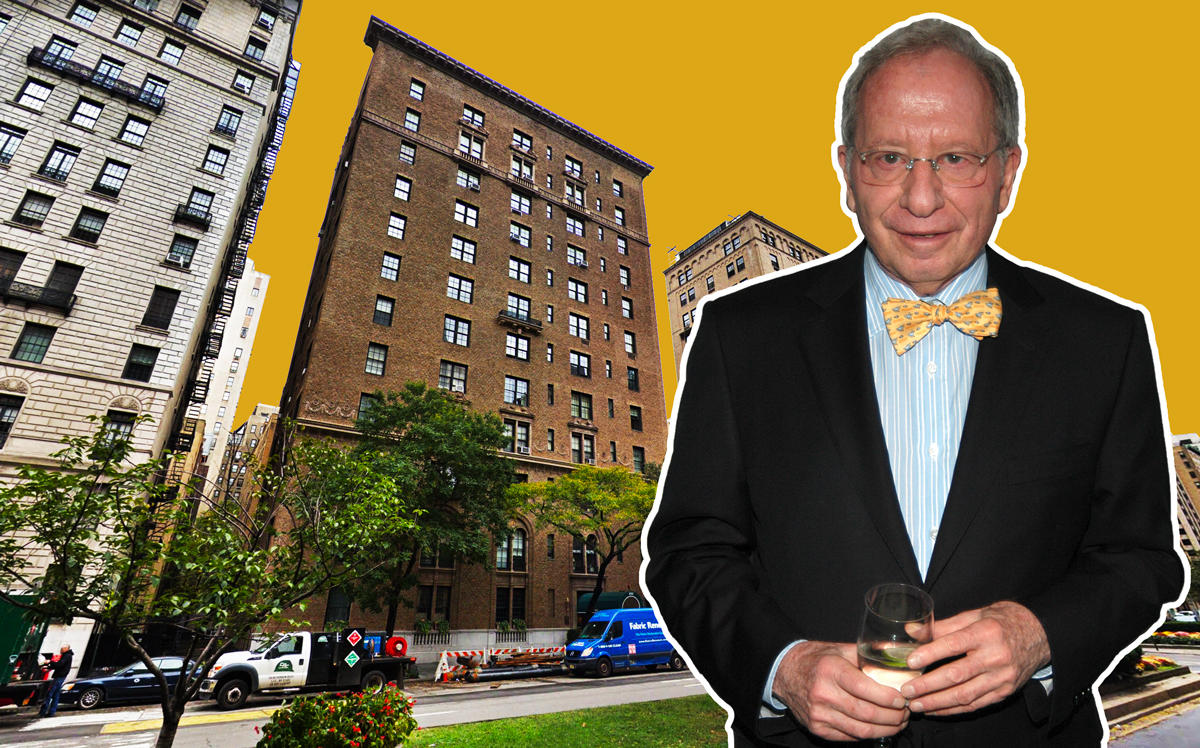Trending
Lawyer behind Madoff settlement lists longtime UES co-op
After 38 years on Park Avenue, William Zabel is moving east

Bow-tied super lawyer William Zabel is looking to upsize.
The attorney who was behind the massive Bernie Madoff settlement is leaving the Park Avenue apartment where he has lived with his wife for 38 years. The 850 Park Avenue unit is listed for $4.2 million.
“I’m really sorry to be leaving,” Zabel told TRD, who said he and wife had lived in the apartment since 1980. “We have seven grandchildren and we want to move to a much larger apartment.”
The listing comes just months after Zabel and his wife Deborah paid $7.9 million for a larger, five-bedroom co-op nearby, at 10 Gracie Square.
He joked that while most people his age are downsizing, he and his wife are upsizing so that they can host their extended family.
The eighth-floor unit he’s now listing is in a co-op between East 76th and 77th Street, two blocks from Central Park. The building was designed by architects Rouse & Goldstone and built in 1914.
The apartment has three bedrooms and two-and-a-half bathrooms. One of the bedrooms is currently outfitted as a library with a full wet bar.
Leslie Coleman, Marie Rutherfurd and Noah Dopkins at Brown Harris Stevens have the listing.
Zabel is known for orchestrating a $7.2 billion settlement between the government and the Madoff bankruptcy trustee on behalf of Jeffry M. Picower, an investor in Madoff’s infamous Ponzi schemes. Otherwise, he has long represented wealthy clients like George Soros, Howard Stern and former NBC anchor Matt Lauer.
In 2015 interview with the Financial Times, Zabel described his private practice as “protecting the rich and allowing them to keep as much of their money as they can.”
He also has a pro-bono and human rights practice. Zabel delivered a brief in the landmark 1967 civil rights case Loving v. Virginia, which led to the federal ban on race-based prohibitions on marriage.




